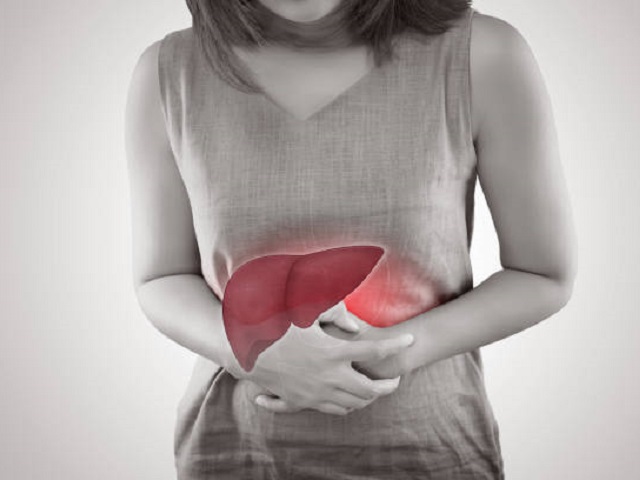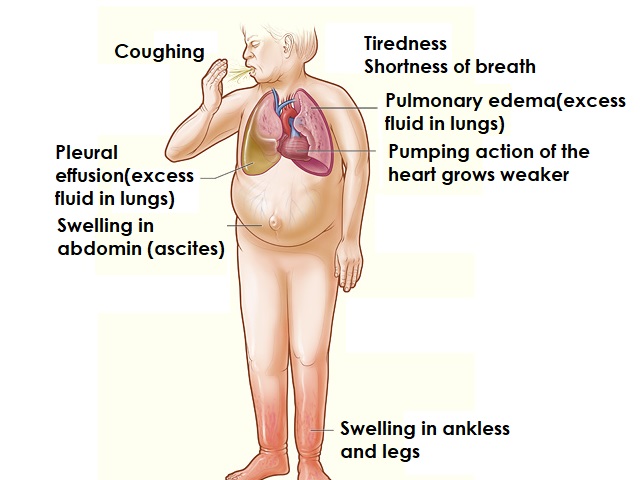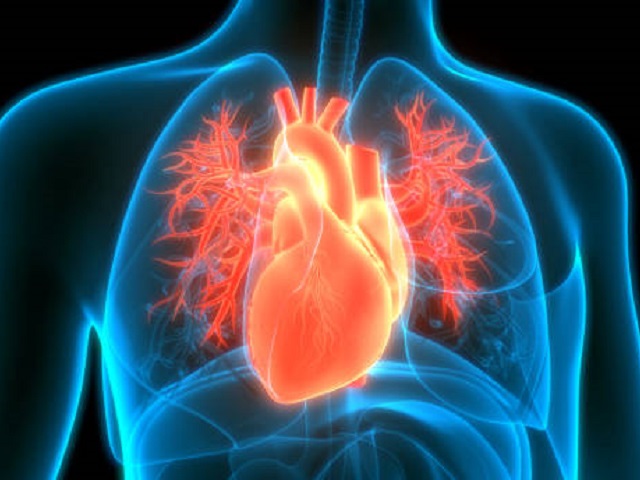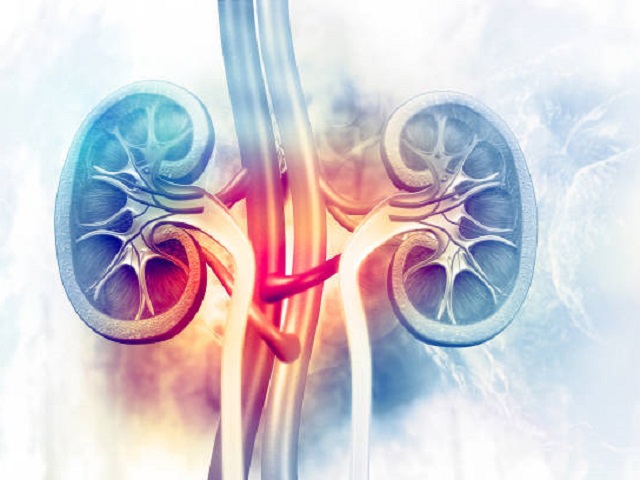8 Signs You May Have Liver Failure -- Symptoms, Causes, Effects, Treatment and Prevention
Liver failure refers to the loss of liver function, which can occur gradually (chronic liver failure) or rapidly (acute liver failure). It is a serious condition that can have severe consequences for overall health. Liver failure occurs when the liver becomes unable to perform its vital functions, including detoxifying harmful substances, producing essential proteins, and regulating blood clotting.
Symptoms of Liver Failure:
The symptoms of liver failure may vary depending on the stage and underlying cause. Common symptoms include:
- Jaundice (yellowing of the skin and eyes).
- Fatigue and weakness.
- Nausea and loss of appetite.
- Abdominal pain and swelling.
- Easy bruising and bleeding.
- Mental confusion and disorientation.
- Edema (swelling) in the legs and abdomen.
- Dark urine and pale stools.
Causes of Liver Failure:
Liver failure can be caused by various factors, including:
- Chronic liver diseases: Conditions such as chronic hepatitis B or C, alcoholic liver disease, and non-alcoholic fatty liver disease can lead to progressive liver damage and eventual failure.
- Acute liver injury: Acute viral hepatitis, drug-induced liver injury, and certain medications or toxins can cause sudden liver failure.
- Autoimmune liver diseases: Conditions like autoimmune hepatitis and primary biliary cirrhosis can result in chronic liver inflammation and eventual failure.
- Infections: Severe cases of liver infections, such as acute hepatitis A or E, can lead to liver failure.
Effects of Liver Failure:
Liver failure can have serious effects on the body, including:
- Hepatic encephalopathy: The accumulation of toxins in the blood can lead to mental confusion, coma, and even death.
- Bleeding disorders: The liver plays a crucial role in blood clotting, so liver failure can result in increased bleeding and bruising.
- Fluid retention and edema: The compromised liver function can cause fluid accumulation in the abdomen (ascites) and other parts of the body.
- Organ failure: Liver failure can affect the functioning of other organs, leading to multi-organ failure.
Treatment and Prevention of Liver Failure:
Treatment options for liver failure depend on the underlying cause and severity of the condition. In some cases, liver transplantation may be necessary. Other treatment approaches may include:
- Medications: To manage symptoms, treat underlying liver diseases, and prevent complications.
- Lifestyle changes: Avoiding alcohol, maintaining a healthy weight, and following a balanced diet can help prevent further liver damage.
- Vaccination: Vaccines are available for hepatitis A and B, which can help prevent these infections and subsequent liver damage.
It is essential to consult with healthcare professionals for accurate diagnosis, appropriate treatment, and guidance on prevention strategies for liver failure.
References:
Mayo Clinic. (2021). Liver failure. Retrieved from https://www.mayoclinic.org/diseases-conditions/liver-failure/symptoms-causes/syc-20374586
National Institute of Diabetes and Digestive and Kidney Diseases. (2017). Liver disease. Retrieved from https://www.niddk.nih.gov/health-information/liver-disease














